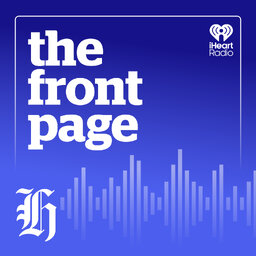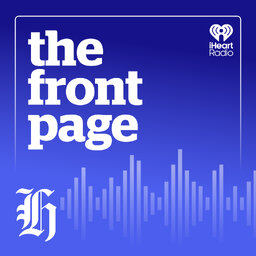Pope Francis: Unpacking his legacy as cardinals prepare to select his successor
Pope Francis has died at the age of 88.
The Vatican announced he died of a stroke at his Santa Maria residence – almost a month after a five-week stay in hospital battling pneumonia.
Elected on March 13 2013, for 12 years he served as the leader of the world’s 1 point 4 billion Catholics, and was notable for his more liberal and open minded views on Christianity.
Today on The Front Page, Bishop Michael Dooley, the Bishop of Dunedin, joins us to talk about Pope Francis’ legacy – and whether Hollywood’s depiction of how to choose the next pontiff is correct.
Follow The Front Page on iHeartRadio, Apple Podcasts, Spotify or wherever you get your podcasts.
You can read more about this and other stories in the New Zealand Herald, online at nzherald.co.nz, or tune in to news bulletins across the NZME network.
Host: Chelsea Daniels
Sound Engineer: Richard Martin
Producer: Ethan Sills
 The Front Page
The Front Page


